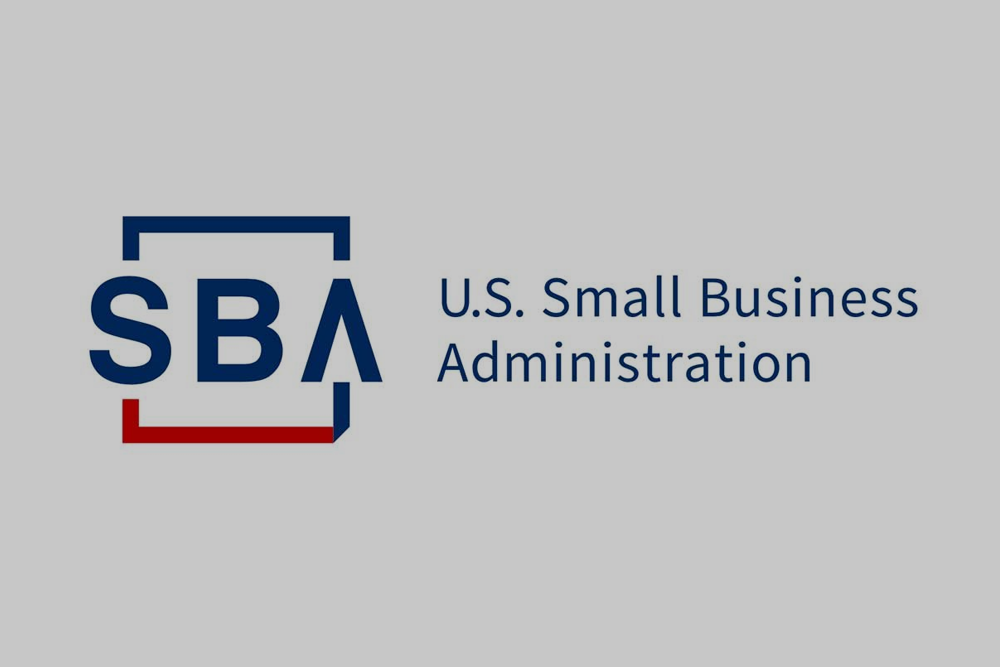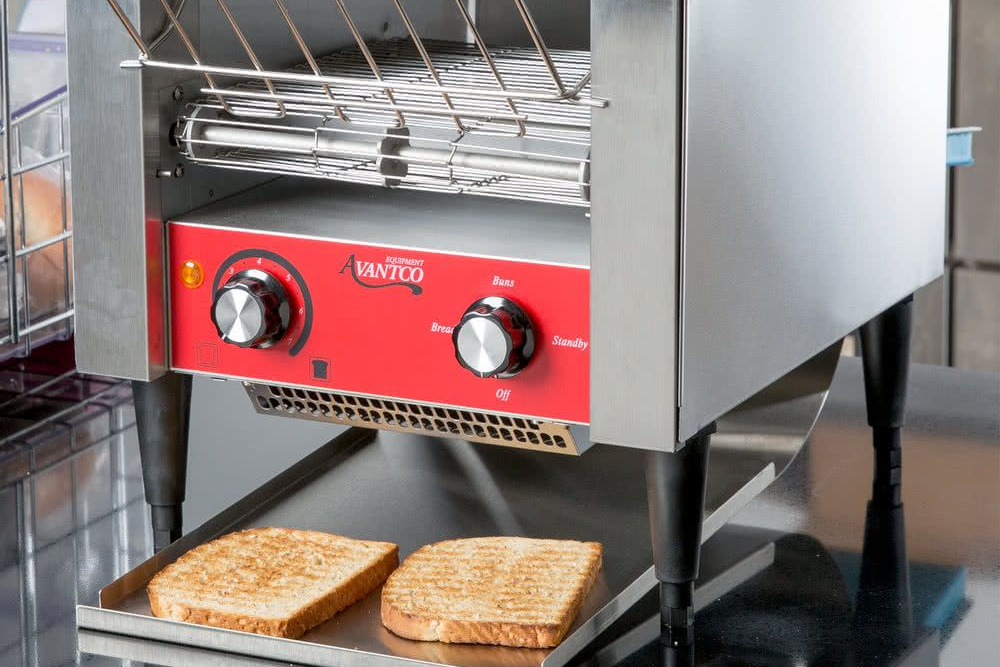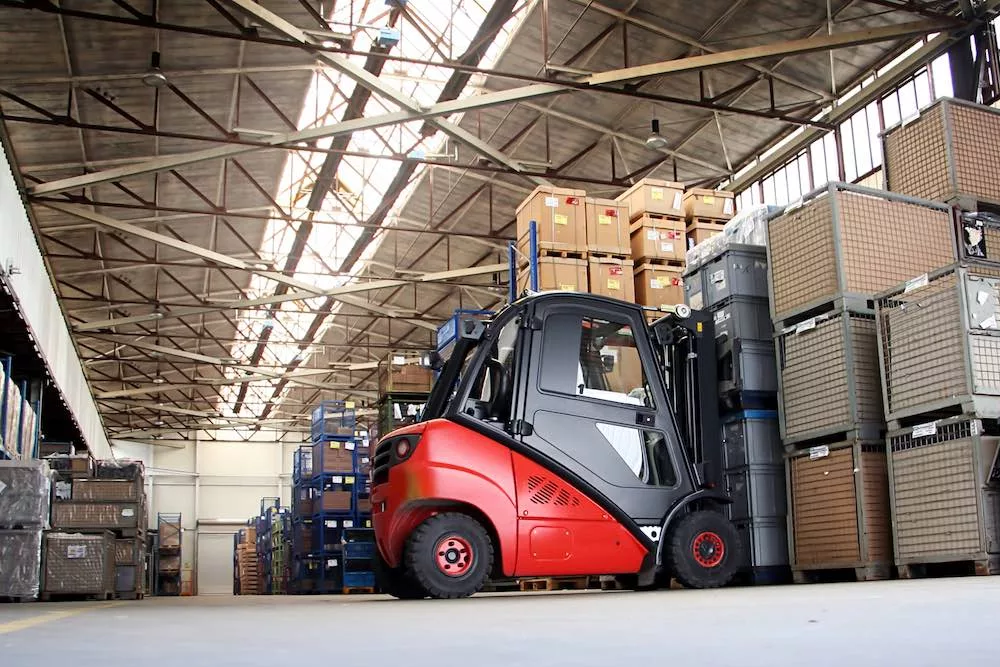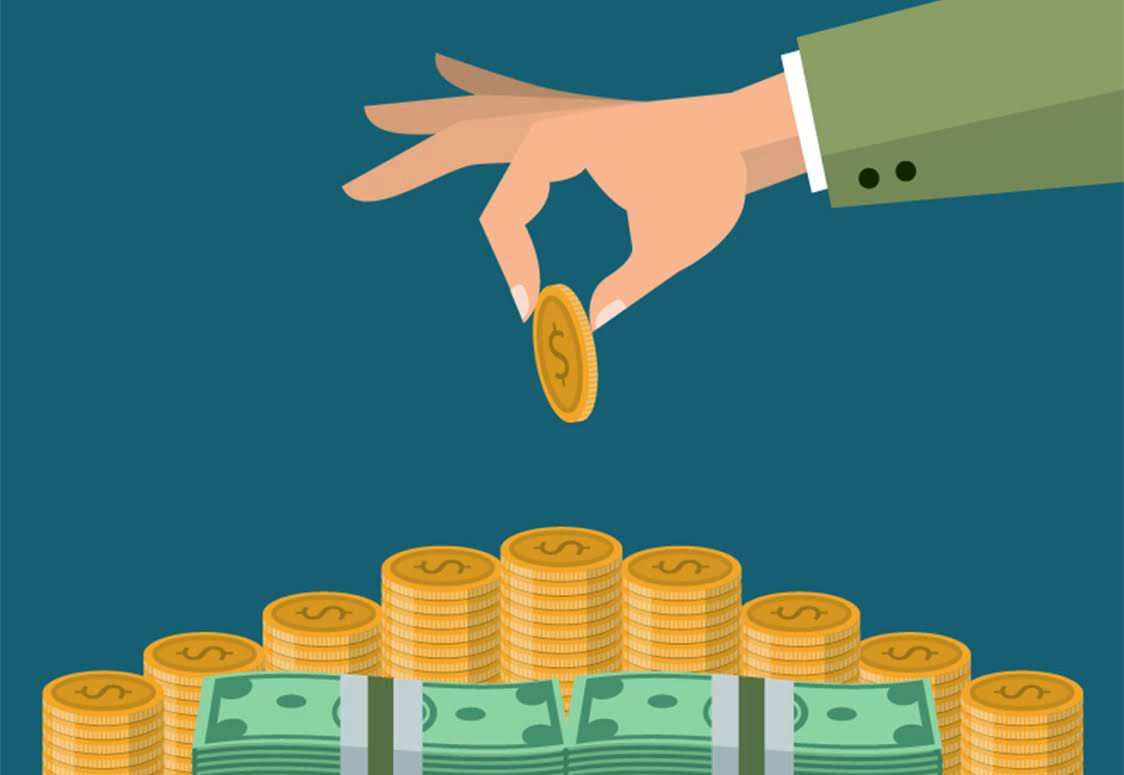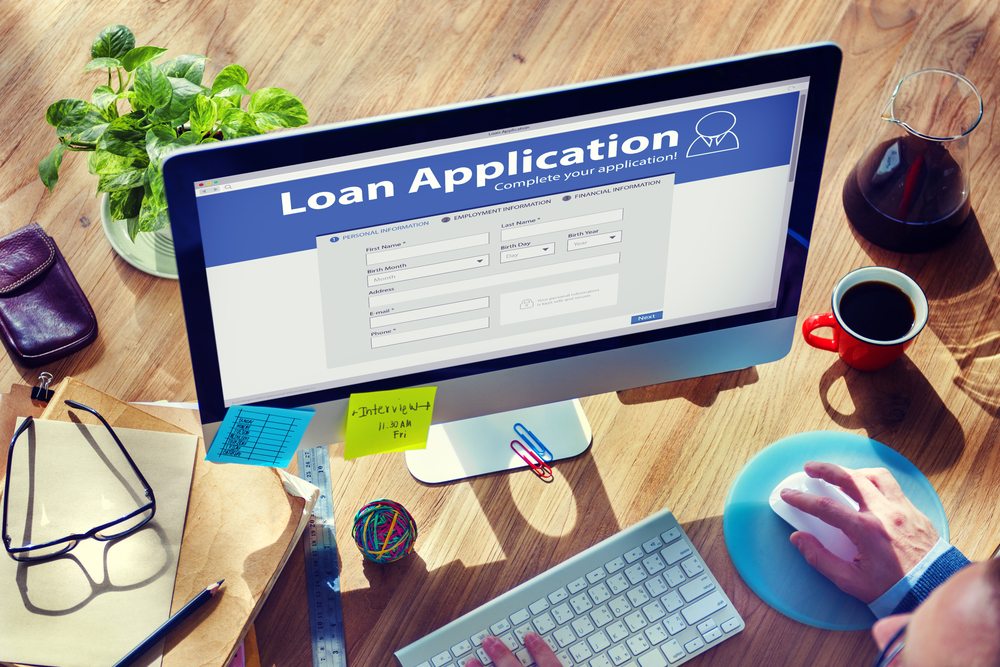
The Complete Guide to the Fundamentals of SBA Loans
Small business Administration (SBA) loans are among the most popular ways to fund a startup business. Even though you still have to prove you are a good risk, these loans are often simpler to qualify for than standard bank loans. The Small Business Administration does not lend you the money. Rather, it undertakes a percentage of the loan amount, which makes it more likely a community development organization, bank, or micro-lending institution will approve a loan for your business.
There are many advantages of an SBA loan, including flexibility, fewer stringent standards in some regards, lower interest rates, and reasonable monthly payments. So what do you have to know about small business loans before you apply? A lot! You have many options, and there are many variables in the equation that determine if you will be eligible for the loan you are applying for (or if that loan is even suitable for you and your business). Let’s dive into the basics of SBA loans.
What is an SBA loan?
The United States Small Business Administration was established in 1953 to help Americans begin, build, and scale up their businesses. As an independent organization of the government, the SBA partners with both private and public organizations to carry out its services, including loans.
Generally, an SBA loan is not a direct loan from the SBA itself. Instead, it is a loan that has been made by a commercial lending partner; however, that the SBA has undertaken for these partners and that has been structured according to SBA requirements. This helps to reduce the risk for both borrowers and partners. Only those without reasonable access to other financing sources are eligible for such a loan.
Since loan practices and guarantee requirements are dependent on the United States Government, changes to economic and policies conditions might change lending terms. You can apply for an SBA loan as long as you are part of the U.S. territory, including the United States, Guam, Puerto Rico, and the U.S. Virgin Islands. If you are not part of any of these territories, there are several financing available.
Pros
- Fit for a wide range of business purposes
- Reasonable interest rates
- Longest payments terms
- Lowest down payments
Cons
- May require collateral
- Longer approval times
- Lengthy paperwork
Types of SBA loan program
The SBA provides several loan programs, but they are mainly divided into four categories:
7(a) Loan Program
This is the most popular loan for both firms already in the business and startups. Businesses can use the money for most business purposes, including new furnishings, purchases of equipment, working capital, debt refinancing, and remodeling expenses. Loans run from ten to 25 years terms.
Microloan Program
These are comparatively small loans, up to $50,000 for existing businesses and startups. A web of nonprofits that have experience with providing technical aid and lending offers the loans. You can use the loan for various reasons, including furnishings, supplies, machinery, and working capital. Nonetheless, they cannot be applied for debt repayment or to buy real estate.
(CDC) Certified Development Company/504 Loan Program
These loan programs are large and directed toward major purchases such as expensive machinery, land, and buildings. CDC has a maximum amount of $5 million. However, they cannot be used for working capital or inventory. The SBA often offers forty-percent of the big project costs, the lender fifty-percent and you, the borrower, ten-percent. The company must be worth less than $15 million.
Disaster loans
Disaster loans are low-interest loans offered to businesses of all sizes and types, and renters and homeowners. These loans can be applied to replace or repair damaged or destroyed items in a declared natural disaster. Such items might include:
- Inventory
- Equipment
- Machinery
- Personal property
- Business assets
- Real estate
Specialty loans
The SBA also manages a variety of loans directed toward a particular purpose or targeted groups of people. They incorporate loans targeted towards export and trade, pollution control in the industry, veteran loans, areas affected by NAFTA, and those areas that are related to the SBA’s CAPLines Program.
Who Qualifies for SBA loans?
Many entrepreneurs in trouble think these loans will bail them out. But that is not true. You still need to have good credit, business plan, personal assets, and proof that you are a going concern. This is not a program for businesses that are failing.
Some of the qualifications you must meet to get an SBA loan are:
- Must meet the requirements for the lender that manages the loan with the SBA
- Must meet the particular standards set by the SBA for every loan
- Must meet the qualifications for size as defined by the SBA for every type of loan.
How to apply for an SBA loan?
At most major banks, getting an SBA loan can be a lengthy, sophisticated process. Lenders want to assess your financial statements and can expect you to have collateral to secure the loan. They will also look at a handful of other documents- such as legal documents. Even with the government guarantee on their side, most small businesses do not end up qualifying for SBA loans. And if they do, the process can take months.
However, an SBA loan’s low-interest rates and long repayment terms are almost always worth the wait. When applying for SBA funding, you can expect to complete an extensive SBA loan application. You will need to offer documents such as a statement of how you will use the loan proceeds, a description of your business, information on your collateral, among others. The complete list of loan documents you might need are as follows:
- Business debt schedule
- Business plan
- Personal tax returns
- Business tax returns
- Loss $ profit statements
- Balance sheet
- Bank statements
- Voided business check
- Driver’s license
- History of your loan applications
- Resumes for management
- Business history and present overview
- Ownership and affiliations
- Business license or certificate
The lender will ask you several questions about your business to check if he thinks you are a good risk. This may include:
- Why are you applying for the money?
- What debt do you have, and who are the lenders? And why did you borrow the money?
- What kinds of equipment and other assets do you intend to buy?
- Who are your suppliers?
- How do you intend to use the money?
- Can you describe your management team?
The participating bank will look at applicants with a solid business plan, good credit, profitable business (often, not always), and a demonstrated ability to repay the loan. Your borrowing history is particularly important to the bank you are working with for an SBA loan.
SBA loan lenders
Now that you are informed about SBA loans let us point you in the direction of a few lenders who can help you secure a loan. As we mentioned earlier, the SBA is not a lender itself. Instead, the SBA guarantees a section of a loan issued by a third-party financial institution.
Two lenders to consider working with on an SBA loan program:
Celtic Bank
Celtic Bank is an excellent lender to work with when seeking an SBA loan. Celtic Bank ranked in the top ten among all banks in the country in 2019, in terms of SBA loan dollar amount and volume. You can secure an SBA 7(a) loan of up to $5 million on a twenty-five-year term through Celtic Bank. Note that Celtic Bank might also charge a processing and closing fee.
First Home Bank
First Home Bank is another leading SBA lender. This Florida-based bank is an SBA Preferred Lender, which indicates the SBA has granted them the authority to approve SBA loan applications on an expedited basis. First Home Bank also ranked in the leading ten SBA lenders in terms of SBA loan volume in 2019. Via First Home, you can get a 7(a) loan, International Trade Loan, or 504 loans. First Home Bank generally provides loans under $350,000. For a quicker and straightforward process, you can apply online via Fundera to connect to a top SBA lender.
Education is vital when choosing between various types of loans and products. In some cases, SBA loans may make the most sense, or might even be the only option available to access the funding you need for your business. But if you qualify for other loan products that provide similar benefits, like extended-term lengths that support positive cash flow or the funding of a majority of project costs, it might be best to avoid collateral requirements that can impede future growth.
You can work with your lender to discover if an SBA loan makes sense for your present financial profile as well as your long-term franchise business plans.

